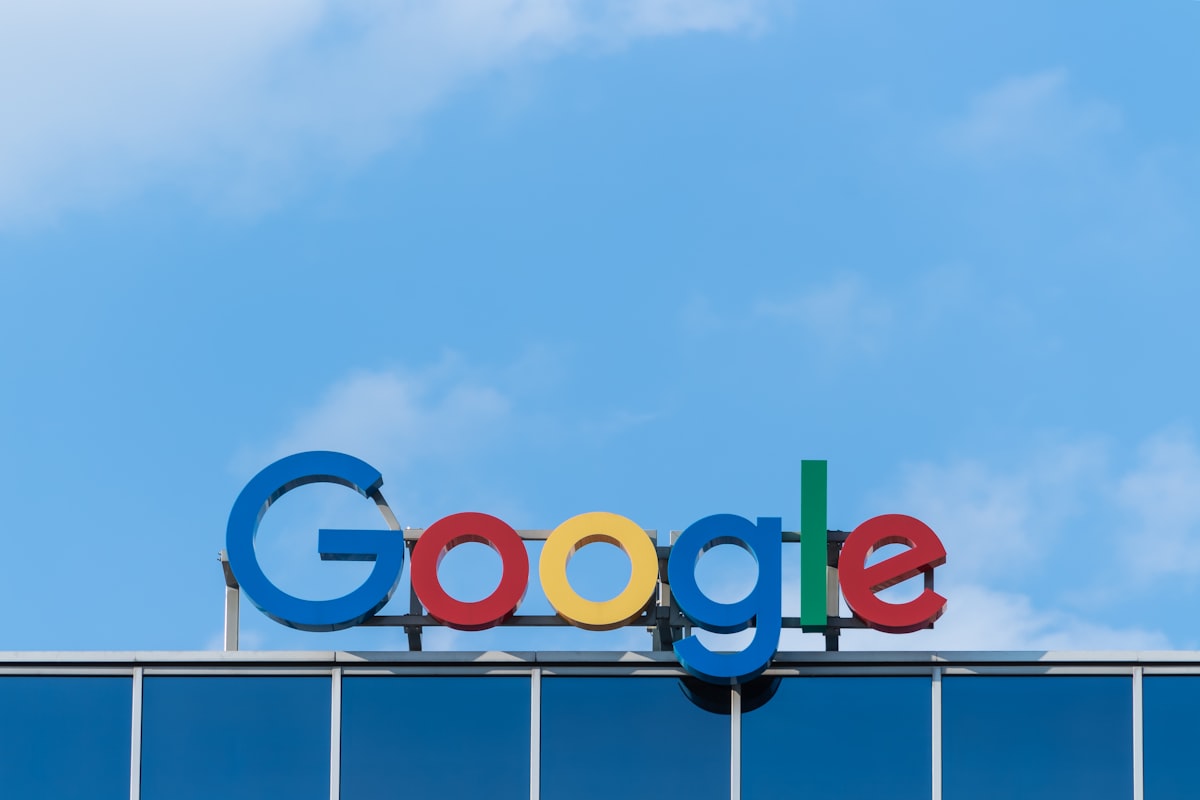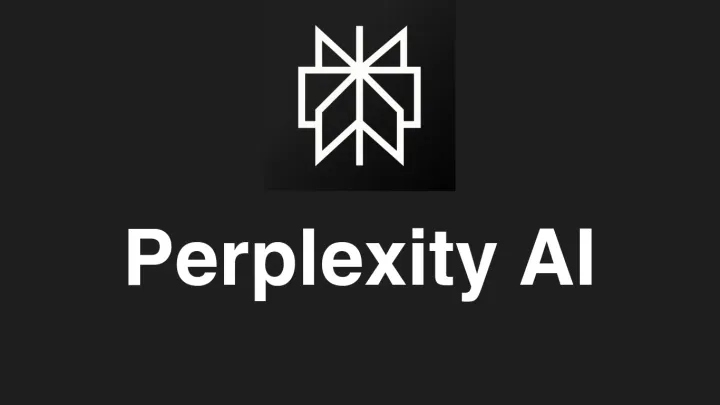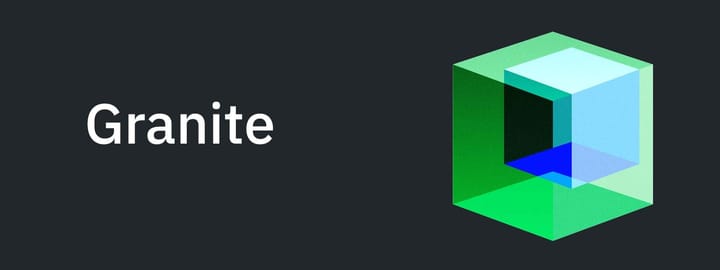Google Introduces Imagen 2: Advances in Image Generation and Text Overlay
Concerns over generative models regurgitating copyrighted or identifiable content persist, despite Google's expanded policy to address intellectual property concerns.

Google has unveiled Imagen 2; the second generation of its AI model designed to create and modify images based on text prompts. This upgraded model, available to approved Google Cloud Vertex AI users, showcases significant enhancements over its predecessor, Imagen.
Powered by technology from Google DeepMind, Imagen 2 boasts substantial improvements in image quality and introduces new functionalities, including text and logo rendering capabilities. Developers using Imagen 2 can now generate images with text overlays, such as advertisements, and incorporate logos into existing images.
Notably, Imagen 2 supports text in multiple languages, including Chinese, Hindi, Japanese, Korean, Portuguese, English, and Spanish, with plans to add more languages in 2024. It also integrates SynthID, a technology developed by DeepMind, to apply invisible watermarks to generated images, aiming to combat disinformation.
However, Google did not disclose the dataset used to train Imagen 2, which raises concerns about copyright and privacy issues. Unlike its predecessor, where Google disclosed the public dataset used, Imagen 2's training data remains undisclosed.
Regarding intellectual property protection, Google offers indemnification for eligible Vertex AI customers against copyright claims related to the training data and outputs of Imagen 2. Nonetheless, there is no mechanism for creators to opt out of the dataset or receive compensation, a point of contention among some AI vendors.
Concerns over generative models regurgitating copyrighted or identifiable content persist, despite Google's expanded policy to address intellectual property concerns.
As the AI landscape evolves, Google aims to push the boundaries of image generation technology with Imagen 2. However, the lack of transparency regarding training data and creator compensation remains a topic of discussion and scrutiny within the AI community.




